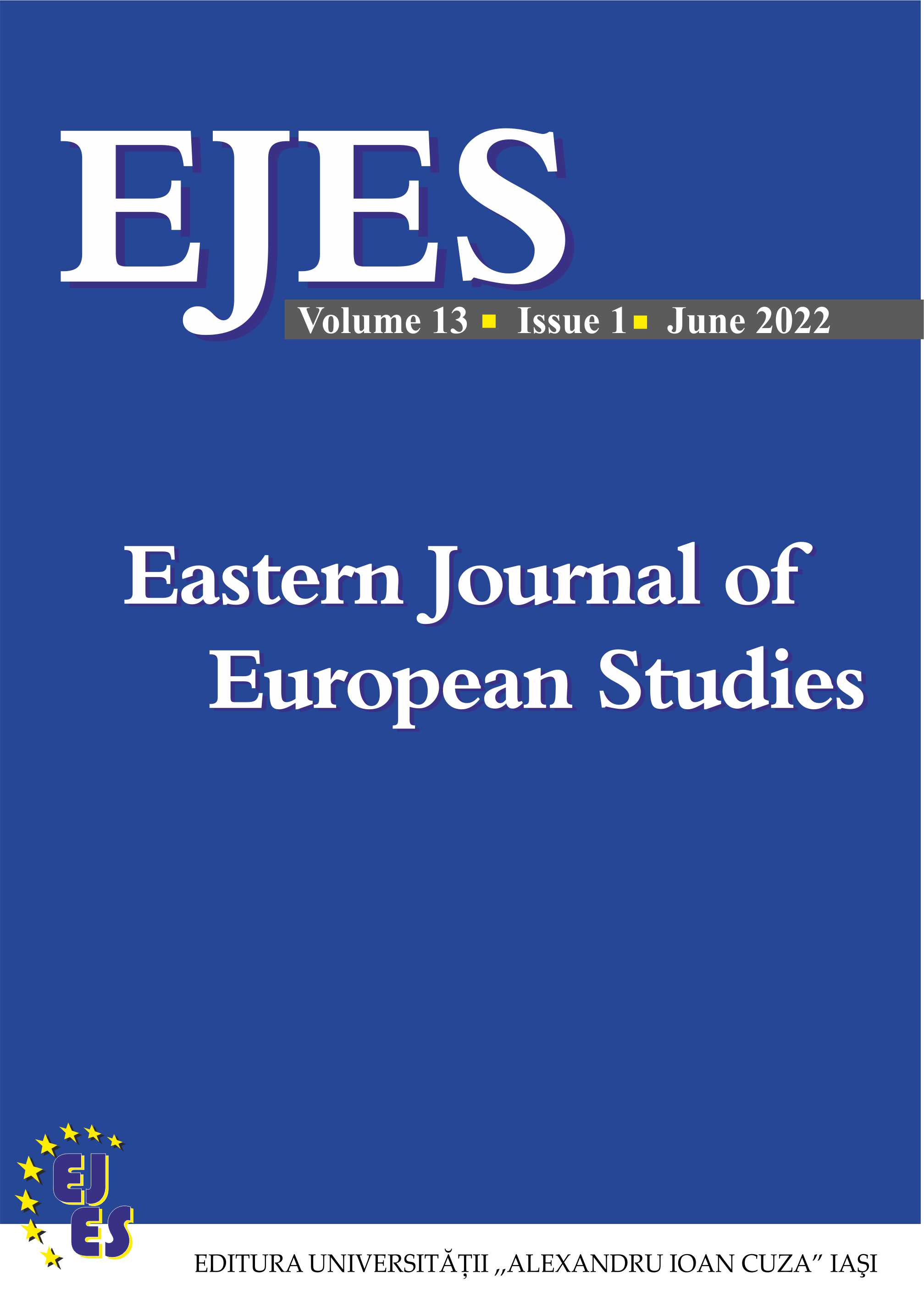Relations with the Global South, solidarity and pragmatism in Hungarian foreign policy since the 1960s - a focus on Africa
Relations with the Global South, solidarity and pragmatism in Hungarian foreign policy since the 1960s - a focus on Africa
Author(s): István Tarrósy, Daniel SolymariSubject(s): Politics / Political Sciences, International relations/trade, Developing nations, Higher Education , State/Government and Education, Post-War period (1950 - 1989), Geopolitics
Published by: Editura Universităţii »Alexandru Ioan Cuza« din Iaşi
Keywords: Hungary-Africa relations; pragmatism; university scholarships; V4, EU geopolitics;
Summary/Abstract: The paper provides an analysis of certain key notions, such as solidarity and pragmatic solidarism in Hungarian foreign policy especially towards Sub-Saharan Africa, in particular during Communist times, as well as pragmatism as such, both during the Soviet period and in the post-Communist era. This will be contextualized in the gradual build-up of the Global South since the Bandung Conference of 1955. Special attention is provided to underscore the importance of education and government scholarships - as successful soft power tools - in fostering long-term relations with an enhanced interest in deepening economic cooperation. The article offers an analysis of the unfolding of the Hungarian Africa policies/strategies as a case study, but in the broader regional context of the Visegrad Four. The contribution of this paper to the field is that it broadens the relatively scarce literature on CEE foreign policies, in general, and on the Africa-policies, in particular, and offers a documented overview to better understand the Hungarian case, which has normative relevance for EU policies and geopolitics.
Journal: Eastern Journal of European Studies
- Issue Year: 13/2022
- Issue No: 1
- Page Range: 106-122
- Page Count: 17
- Language: English

